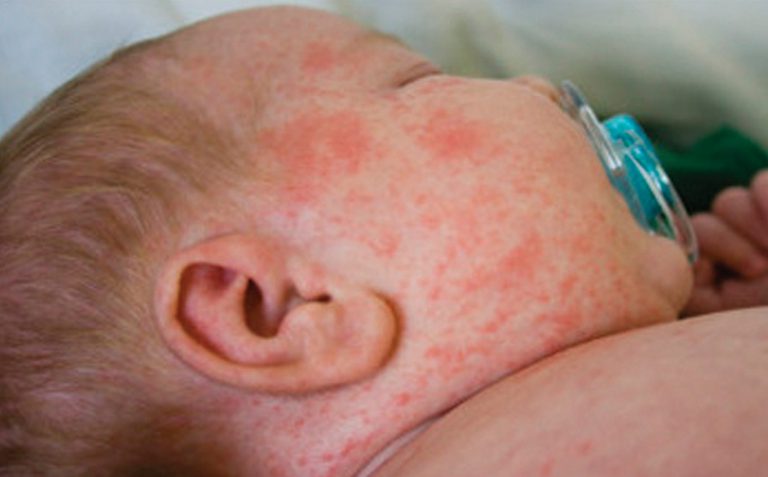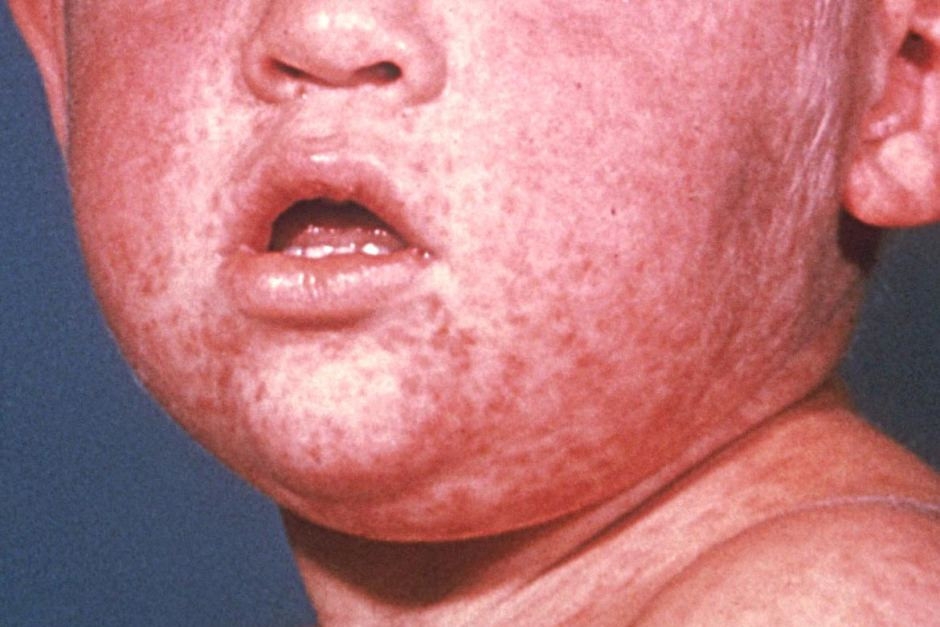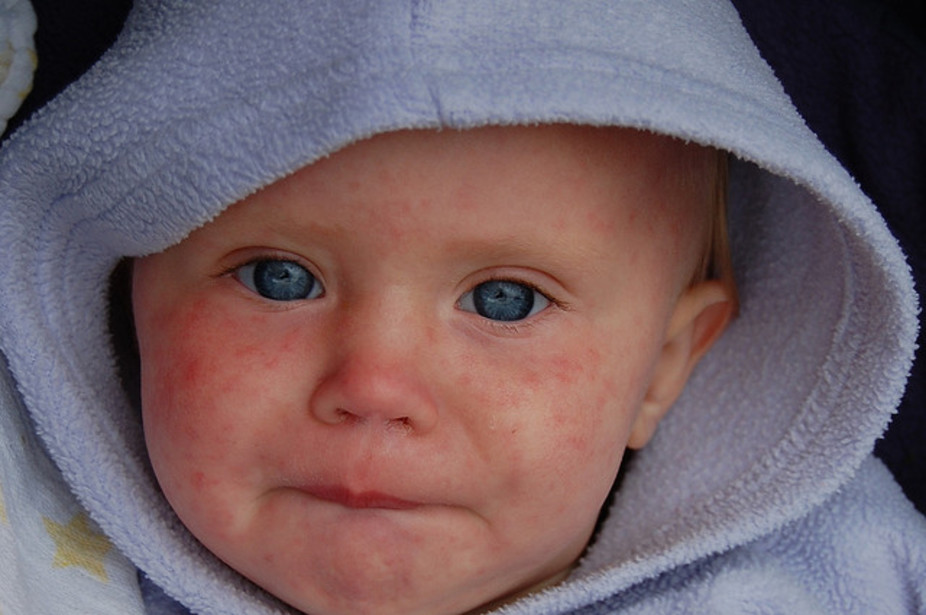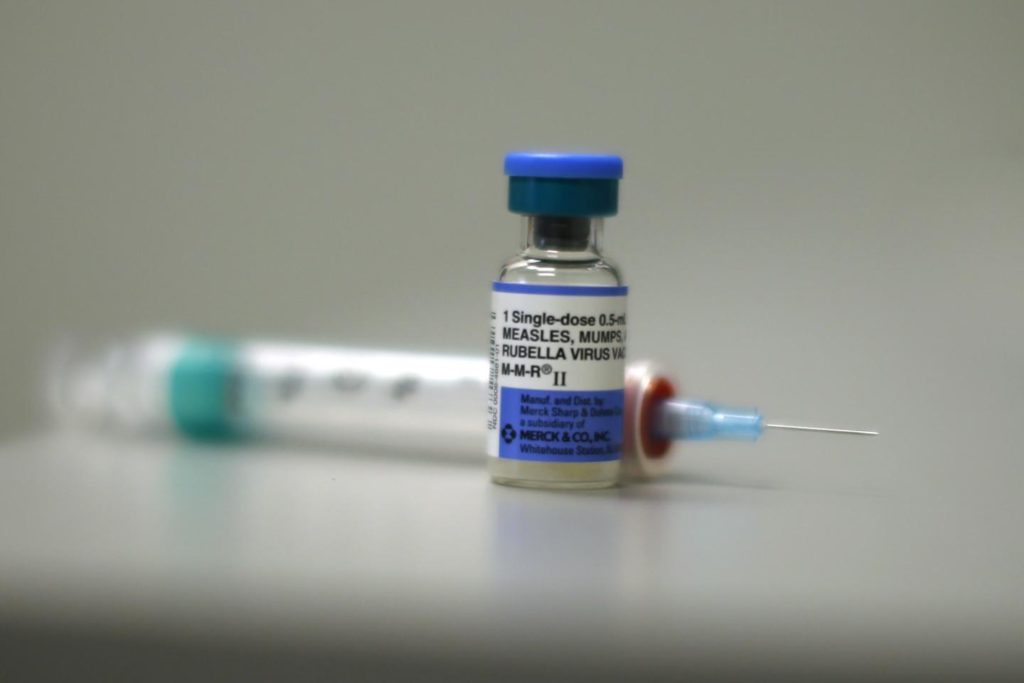Measles Outbreak Prompts Warnings for Families Who Visited Popular Locations During the School Holidays

Measles Outbreak Prompts Warnings for Families Who Visited Popular Locations During the School Holidays
Families are being warned to be on the lookout for symptoms of measles after an outbreak has sprung up in Western Sydney.
The latest case brings the total number of patients affected by the measles outbreak to 17 and the total number of NSW measles cases to 23.
NSW Health has warned families to be on the lookout for symptoms after the latest infectious person visited the Powerhouse Museum, Darling Harbour and a busy Westfield shopping centre in the middle of the school holidays.
It is believed that the patient contracted the illness while travelling in Indonesia.
The latest cases visited the following locations while infectious:
| 18 April | Casula Central Medical Practice and Chemist Warehouse, Casula approx 10am |
| 15 April | Blacktown Hospital, approx 7.30 – 8pm |
| 13, 15 and 17 April | Liverpool Westfield, including an optometry practice |
| 14 April | Rashays, Darling Harbour (later in the afternoon) |
| 14 April | Powerhouse museum (early afternoon) |
| 10 and 13 April | Lawson shops, Lawson |
| 10 April | Marion Aged Care Facility, Leichhardt |
| 10 April | Me Oi Vietnamese restaurant, Strathfield |
|
8 April
|
Virgin flight VA 965, Sydney to Brisbane
|
|
7 April
|
Local train & bus travel in western Sydney area
|
|
28 March to 4 April
|
The Auburn area, including Pharmacy 4 Less
|
|
3 April
|
NAS Medical Centre, Auburn
|
|
1 April
|
Auburn Michel’s Patisserie
|
|
1 and 2 April
|
Westmead Children’s Hospital Emergency Department
|
|
1 April
|
Fairfield Hospital Emergency Department
|
|
28-30 March
|
Wyndham College, Quakers Hill
|
|
28-30 March
|
Local train between Flemington and Quakers Hill
|
|
26 and 31 March
|
Fairfield District Medical Centre
|
|
26 and 28 March
|
Tweed Heads Hospital emergency department
|
|
26 March – 11am-12:30pm
|
Hillsong Church, Bella Vista
|
Director of Communicable Diseases at NSW Health, Vicky Sheppeard, said: “a variety of people have been affected”.
“Some were household members of previous cases,” she said. “The 10 most recently notified measles cases have ranged in age from newborn to 47 years of age.”
“None of the cases were known to be vaccinated.”
This is the first outbreak in Sydney since 2012 when an overseas visitor spread it to 169 people over a period of months.
Measles Fact Sheet
What is measles?
The measles is an infectious disease caused by the morbillivirus. It once infected hundreds of thousands of Australian kids, but was declared eliminated in Australia in 2014.
Every now and then a new case of the measles is brought in from overseas, prompting state health departments to issue a warning for people to look out for signs and symptoms.
What are the symptoms?
The first symptoms are fever, tiredness, cough, runny nose, sore red eyes and feeling unwell. A few days later a rash appears. The rash starts on the face, spreads down to the body and lasts for 4-7 days. The rash is not itchy.

Up to a third of people with measles have complications. These include ear infections, diarrhoea and pneumonia, and may require hospitalisation. About one in every 1000 people with measles develops encephalitis (swelling of the brain).
How is it spread?
Measles is usually spread when a person breathes in the measles virus that has been coughed or sneezed into the air by an infectious person. Measles is one of the most easily spread of all human infections. Just being in the same room as someone with measles can result in infection.
People with measles are usually infectious from just before the symptoms begin until four days after the rash appears. The time from exposure to becoming sick is usually about 10 days. The rash usually appears around 14 days after exposure.
Who is at risk?
Measles was common before 1966, so most people born before then are immune. People at risk of measles include:
• people born during or since 1966 who have never had measles and who have not had two doses of measles containing vaccine from the age of 12 months.
• people with a weak immune system (e.g., people who are receiving chemotherapy or radiotherapy for cancer or people who take high-dose steroid medications) even if they have been fully immunised or have had past measles infection.
• people who are not immune and who travel overseas.
How is it prevented?
The best protection against measles is immunisation with two doses of MMR vaccine (measles, mumps & rubella). This vaccine provides protection against infection with measles, as well as against mumps and rubella.
MMR vaccine should be given to children at age 12 months and a second dose as MMRV (measles, mumps, rubella & varicella) should be given at 18 months of age.
Anyone born during or after 1966 and who has never had measles infection or measles vaccination should see their doctor to make sure that they have had two doses of measles containing vaccine at least four weeks apart. It is safe to have the vaccine more than twice, so people who are unsure should be vaccinated.
People with measles should stay at home until they are no longer infectious (i.e. until 4 days after the rash starts).
For people who are not immune and have come into contact with a person with measles, infection can sometimes still be prevented with measles containing vaccine if given within 3 days of exposure or with immunoglobulin (a treatment made from blood that will protect against measles when injected) within 7 days of exposure.
How is it diagnosed?
Measles is suspected when a person feels unwell, has a cough, runny nose or sore eyes and a fever followed by a rash.
Whenever measles is suspected, a blood test and samples from the nose, throat and urine should be collected to confirm the diagnosis. Confirmation of the diagnosis is important as it allows prompt public health follow-up of other people who are at risk of measles.
How is it treated?
People with measles infection are normally advised to rest, drink plenty of fluids, and take paracetamol to treat the fever. There is no specific treatment.
While a person is infectious with measles it is important that he or she remains at home to reduce the possibility of spreading it to other people.
Source: NSW Health















